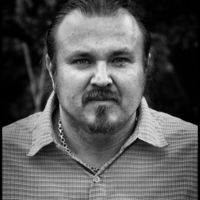"Måla med ljus"
The Leica M8 is still my favorite “Pro” camera

Writing articles and taking photos are a essential part of my job. And I also work as a freelance photojournalist and reporter every now and then. I use many different cameras when I work but there's one camera that I prefer to use. A camera that has become a natural extension of what my eye sees.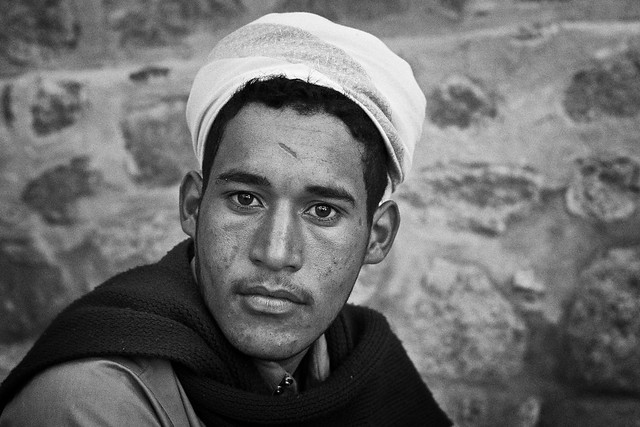
During the last years I have used my Leica M8 as my main professional camera. I have used it on assignments in Egypt and Sweden. The camera performed well in the Sinai desert as well as in the challenging light conditions of a fast paced concert.
When I use my Leica M8 I often get the following question by fellow photographers:
- Why do you still use a nearly 10 year old digital camera when there's newer and better alternatives around?
My answer is always:
- It's old but it's still good, everytime I choose to bring another camera I miss my good old M8. It's hard to explain but the Leica M8 together with the Summicron-C 40mm gives my pictures a certain mojo that I prefer. It's like shooting with film without the boring job of developing and digitalising the images.
I prefer to shoot Black and white but most of my customers prefer color and thats the main reason why I don´t go for a M Monocrome. The M8 is the next best alternative for Black and White and it also gives me the opportunity to deliver color images to customers.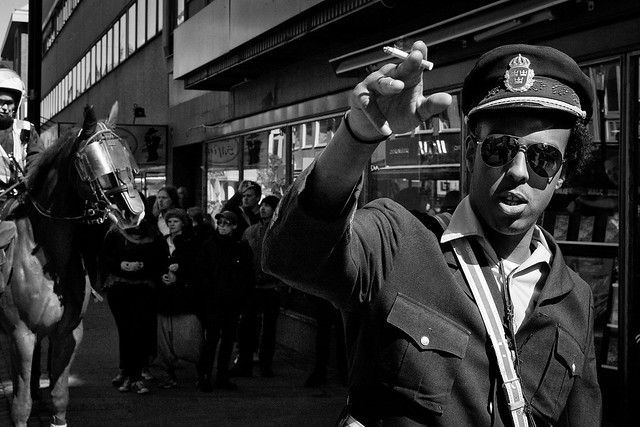
I don´t like using Canon and Nikons oversized cameras and lenses. I have tested Leica M9 and M 240 and I own a Fuji X100s and a Sony A7. It's definetly good cameras, but I prefer the picture quality of my M8. I will definitely stick with my M8 as long as it works.
Opre Roma - Roman har rest sig från trottoaren

Opre Roma är romanés och betyder res er romer. I många städer och samhällen i Götaland har romer från Bulgarien och Rumänien rest sig från gator och trottoarer för att istället sälja Götalands gatutidning Faktum till förbipasserande. En av Faktumförsäljarna är Roman Sorin som kommer från byn Valea Seaca i den nordöstra delen av Rumänien.
Jag träffar Roman som är 25 år i snålblåsten utanför snabbköpet i Huskvarna. Han står och vaggar av och an i ett desperat försök att undfly kylan och få lite extra värme.
- Det är väldigt kallt idag säger Roman och burrar ihop sig.
Han berättar att han har varit i Sverige i 4 månader. Han har inte någon plats på något härbärge och nätterna tillbringar han i sin bil på olika parkeringsplatser.
- Min fru och mina tre barn i åldrarna 4, 2 och 6 månader är kvar hemma i Valea Seaca, säger han med mycket saknad i blicken.
Roman kom till Sverige med en förhoppning om att få tag på ett arbete så att han kunde försörja sin familj hemma i Rumänien. Att få tag på ett arbete visade sig vara omöjligt och han pantade flaskor eller tiggde för att få ihop lite pengar till sin familj.
- Jag fick bara ihop 50-100 kronor per dag och det räckte inte så långt, säger han med besvikelse i rösten.
För ett par veckor sedan fick han ett erbjudande om att bli Faktumförsäljare och han tackade genast ja till erbjudandet. Tidningen kostar 50 kronor och han tjänar 25 kronor för varje nummer som han säljer.
- En bra dag kan jag sälja 15 tidningar, säger Roman och ett litet leende sprider sig över hans ansikte.
Förutom att han kan skicka betydligt mer pengar till sin familj än tidigare har han rest sig upp och fått en yrkestitel och en yrkesstolthet. Roman är inte längre en tiggare utan en rakryggad Faktumförsäljare.
Jag berättar för Roman att jag arbetar på organisationen Hjärta till Hjärta och att vi har planer på att starta sociala företag i Valea Seaca och Cuvova tillsammans med Rumänien Cucova-hjälpen från Gnosjö och en rumänsk organisation. När han hör det blir han glad och säger:
- Om jag får tag på ett arbete i Rumänien kommer jag inte att åka till Sverige.
Innan jag går köper jag en tidning av honom, strax efter att jag köpt tidningen kommer ännu en glad Huskvarnabo förbi och köper en tidning av Roman.
- Man måste hjälpa sina medmänniskor i nöd säger han innan han går till sin bil
Text och foto: Mikael Good
Sa o Roma Daje, Sa o Roma Babo

Roma (Gypsies) are the largest and most discriminated minority in Europe. Their level of education is lower than other Europeans. Their health is poorer, their unemployment rate is higher and their life expectancy are shorter than for other Europeans. The history of Roma in Europe is dark and through the ages they have been subjected to racial hatred and outright extermination.
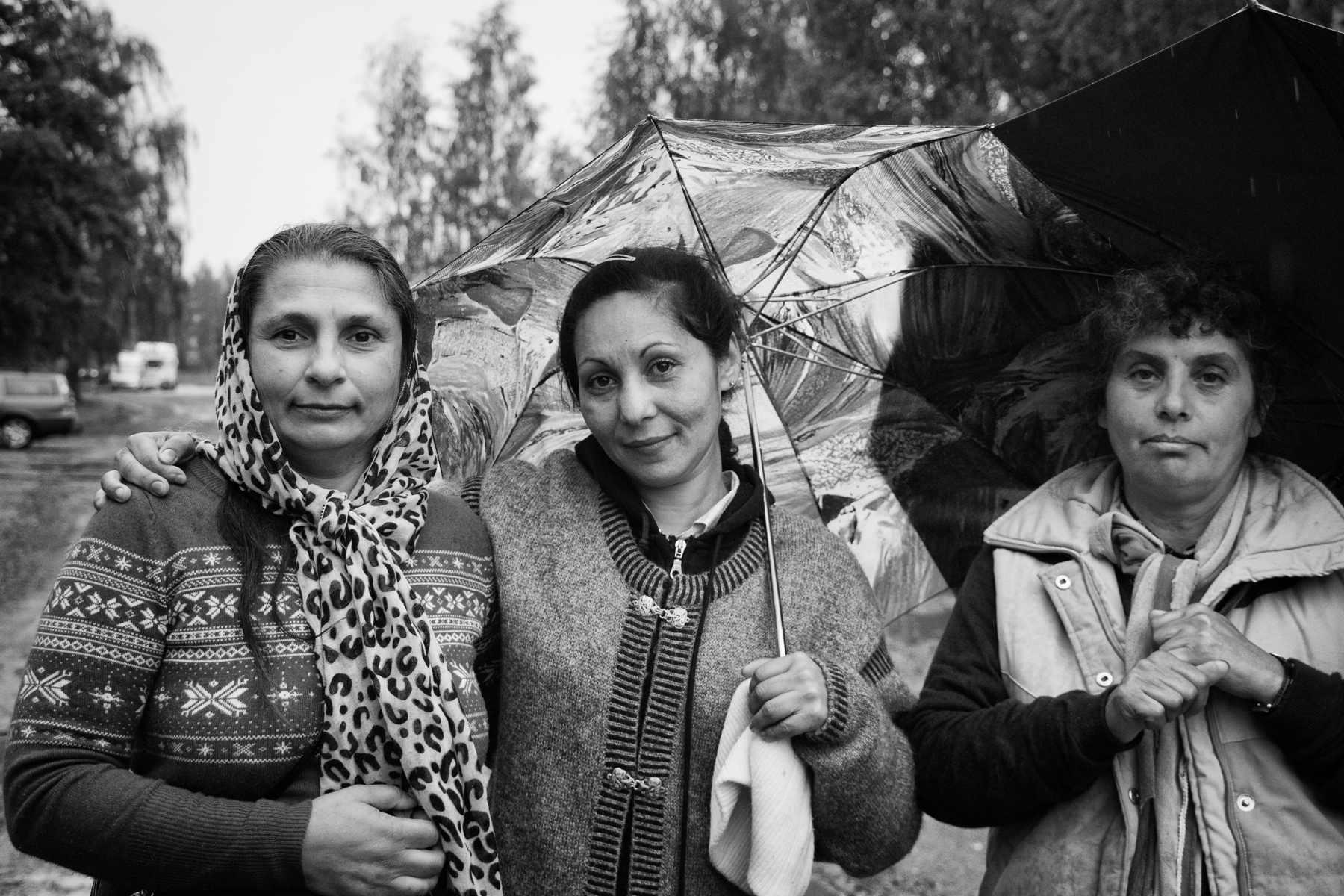
The last two years Sweden and other rich countries in northern Europe has been subjected for a desperate migration from extremely poor Roma people from Bulgaria and Romania. They have no other solution than to go to Sweden hoping to find a work and get money to pay their debts and feed their hungry children. Within the European Union it's allowed for the citizens to stay up to 3 months in another EU country without work and up to 6 months if you have a work. 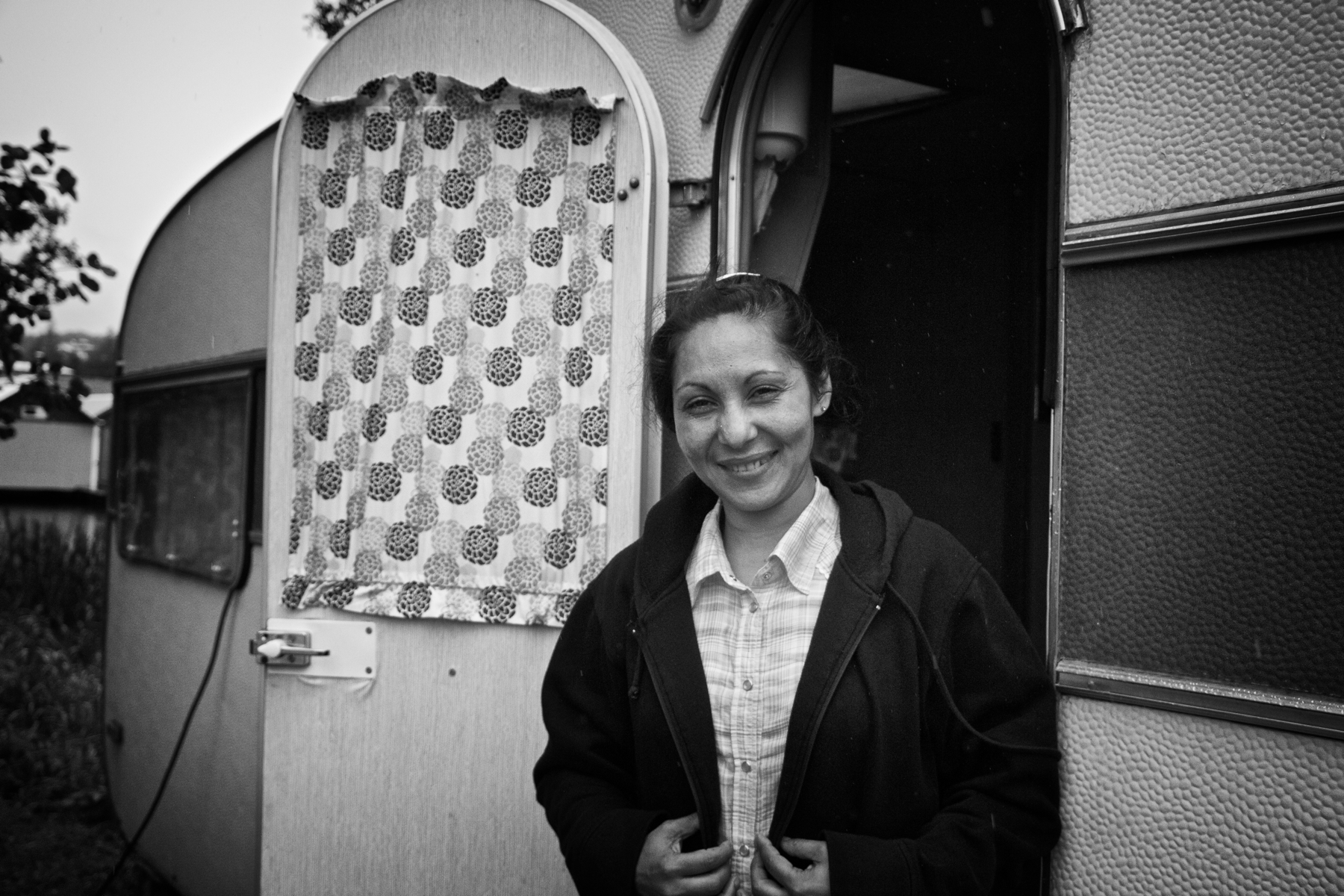
Although Roma people has been subjected to persecution and oppression for generations in Europe, they are a happy people as you can see in the slide-show. Despite all the difficulties they have been through, they are always close to a good laugh. Joy and music welds them together and it has become a way for them to escape from all the hatred and oppression that they are constantly subjected to.
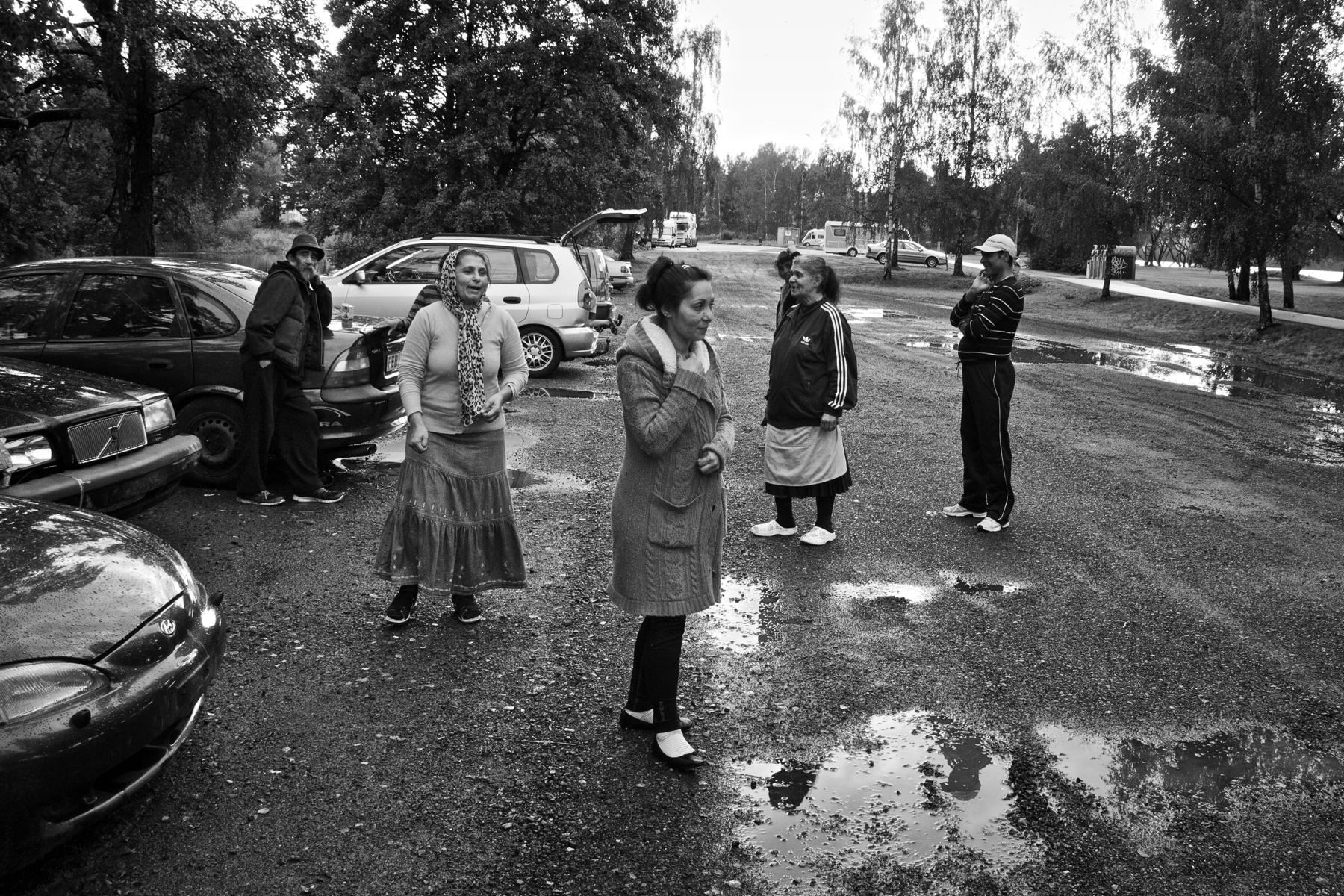
The Roma mothers and fathers in the pictures came to Sweden with the hope of getting work. Most of them did not find any work, and they had to beg on the streets to raise money for themselves and their children back in Romania. I didn't want to photograph them in a vulnerable position when they beg on the streets of my hometown. Therefore I decided to meet them on equal terms in their camp. I wanted to get to know them and build relations with them in order to photograph them at their own terms. If possible I shall visit my newfound friends in their villages in northeast Romania and meet them and their children and grandchildren in their own environment.
Click the following link if you can't see the slideshow on your tablet or smartphone: www.flickr.com/photos/chasid68
Text and Photo: Mikael Good
Paradis-Oskar från Paulesca i Rumänien
.jpg)
Det är inte för inte som jag kom att tänka på Paradis-Oskar i Astrid Lindgrens bok Rasmus på Luffen när jag träffade Simion på järnvägsstationen i Linköping för första gången. Simion satt med muggen framför sig och hälsade glatt på alla morgontrötta pendlare som ilade förbi på väg till sina arbetsplatser.
Störst av allt är kärleken

I går publicerade jag ett reportage om Nicolai Tamas som kom till Sverige från byn Paulesca i Rumänien med förhoppning om att få tag på ett arbete för att kunna betala för sin älskade hustru Georgiana Serbans sköldkörteloperation. Du kan läsa reportaget här: Kärleken drev Nicolai att bli tiggare
Tidigare i veckan fick jag en beställning på 6 bilder från demonstrationen i Jönköping 1 maj från en tidning. Hela provisionen för bildförsäljningen kommer att gå till Georgiana Serbans sköldkörteloperation.
Text och foto: Mikael Good


.jpg)
.jpg)



